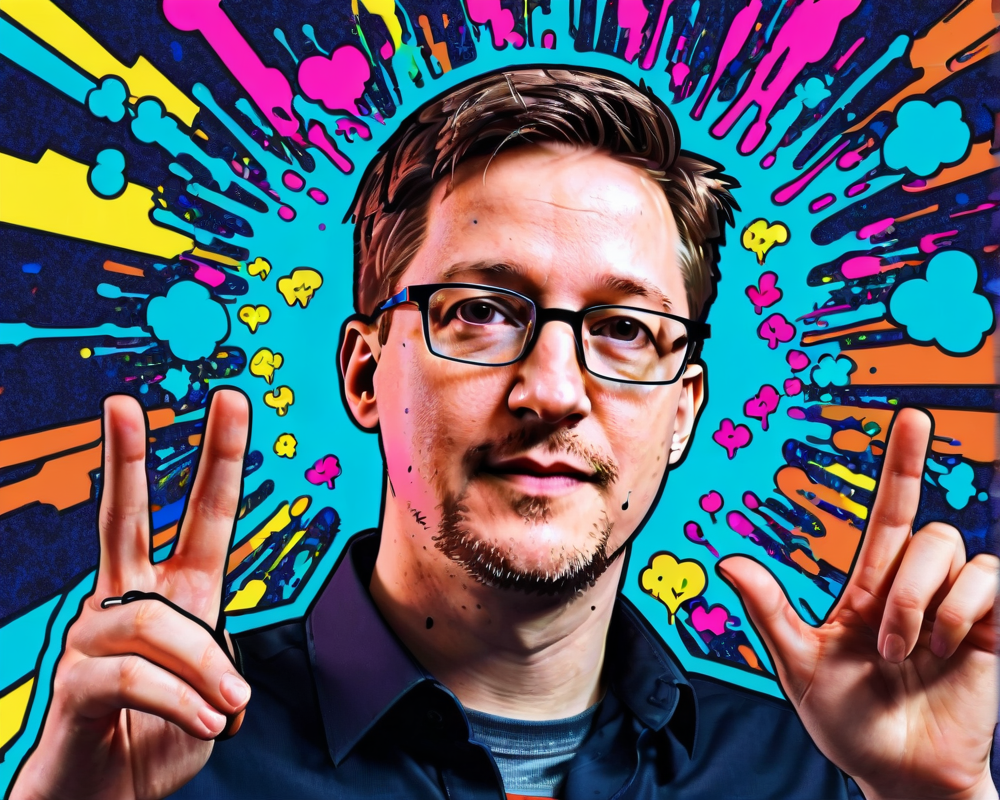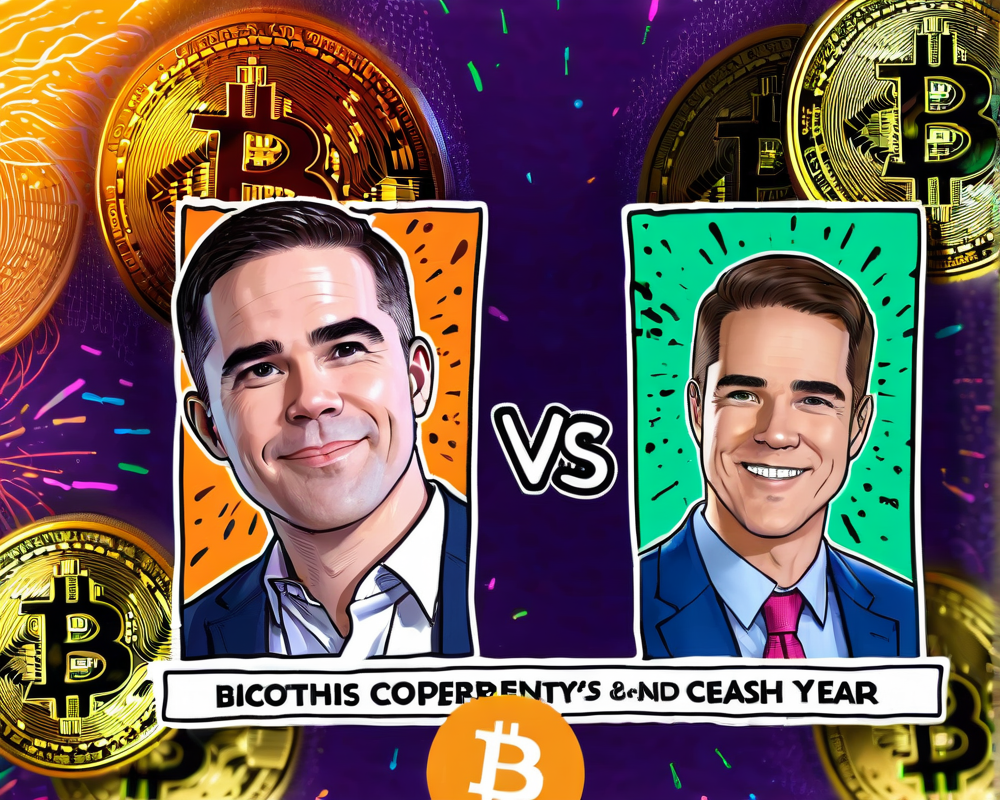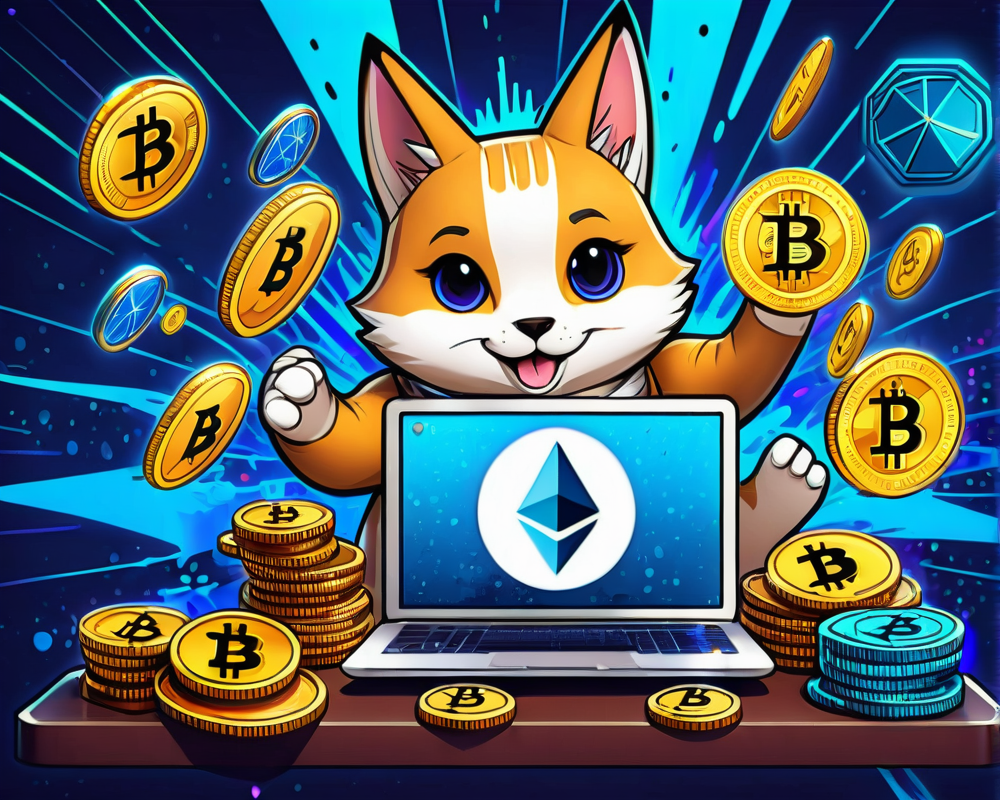Whistleblower Concerns on Nonfungible Tokens
Edward Snowden, the famed NSA whistleblower who made headlines for revealing the agency’s mass surveillance practices, has recently voiced his unease regarding the integration of nonfungible tokens (NFTs) into the gaming industry. During an engaging discussion with Ethereum co-founder Gavin Wood at the online conference BlockDown DeData, Snowden emphasized the potential ethical pitfalls of NFTs, particularly when they intersect with the gaming sector.
The Dark Side of the Metaverse
Snowden didn’t hold back in expressing his concerns about the metaverse’s evolution. He referred to certain elements associated with this digital universe as “horrible, and heinous, and tragic.” His assertion highlights a pivotal worry: namely, that certain privileged groups or individuals may exploit virtual realms to impose artificial scarcity in environments that fundamentally don’t require it.
Artificial Scarcity in a Digital Playground
In Snowden’s view, the introduction of NFTs into gaming conjures an unnecessary sense of scarcity in what he describes as a “post-scarcity domain.” He passionately argued, “We have people that are trying to [inject] an artificial sense of scarcity for the benefit of some investor class.” This raises crucial questions: Why should gamers face economic barriers in a fundamentally digital domain that offers untapped possibilities?
Contrasting Views on NFTs in Gaming
Interestingly, Gavin Wood appeared to disagree with Snowden’s take on NFTs. In his defense, Wood equated digital artifacts in games with artists selling NFTs of their music. But Snowden countered effectively, pointing out that gamers are often not buying into a guaranteed experience but rather taking a gamble on something uncertain. He said, “gamers are not paying for a guaranteed product, but rather purchasing the chance at something, without the promise of something,” suggesting that this leaves room for exploitation.
The Developer Perspective
Not to be left out, Wood asserted, “I see NFTs as a more agile way of restricting access to their product,” which taps into the time-honored tradition of video game developers managing access to their creations. After all, it’s not the first time the industry has used complexities in access as a strategy.
Industry’s Growing Adoption of NFTs
The conversation between Snowden and Wood unfolds against a backdrop of emerging trends in the gaming industry. With heavy-hitters like Andrew Wilson, the CEO of Electronic Arts, proclaiming NFT and play-to-earn games as the future, the market’s trajectory appears to be leaning towards deeper digital asset integration. As of late, there has even been notable enthusiasm from players. For instance, the game Guild of Guardians recently reported a staggering $5 million in token sales just ahead of its launch.
Snowden’s Ongoing Involvement in Crypto
Though he’s been exiled in Russia since 2013, Snowden continues to engage with global discussions on Bitcoin and the broader crypto scene. Notably, he had used Bitcoin to fund the servers utilized for leaking classified documents, a move that speaks volumes about his understanding of digital currencies. His insights on the complexities of the crypto world are sure to resonate as the industry progresses.




